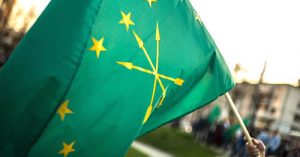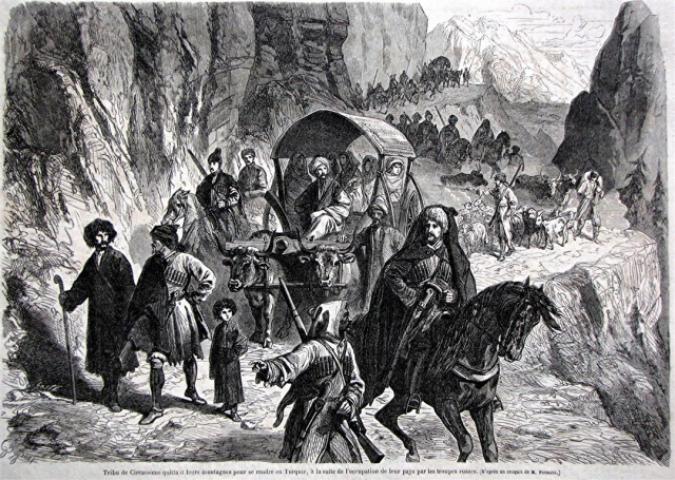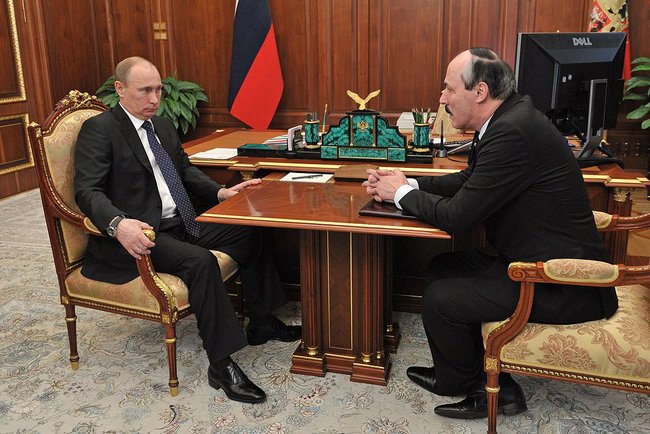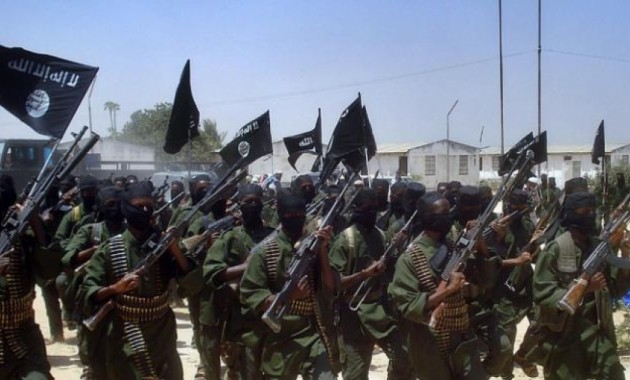For Circassians, who have been deprived of a common territory and even a common ethnic name by Russian and Soviet policies and whose people have been spread across the world with more than ten times as many living in diaspora communities than in the national homeland, the Circassian flag is an especially powerful symbol of unity.
And consequently, for more than almost any other nation on earth, the Day of the Circassian Flag is especially important, an occasion for coming together and rededicating its members to the cause of maintaining their links despite their dispersal and of ultimately achieving the restoration of that national homeland.
Read also: The Unsung Lament: Russian Atrocities in Caucasus
In recent years especially, this day has been important; but many feared that the pandemic which has made any large public gathering would cast a shadow on the event and reduce its impact. In fact, if anything, the shift from actual to virtual it required made the event even more significant.
Naima Neflyasheva, who blogs at “A Woman’s View from Nalchik,” notes that the Day of the Circassian Flag was marked the first time on April 25, 2010, on the 180th anniversary of its formalization. Organizers decided on the April date because they wanted it to be in the spring, a time of rebirth.
With each passing year, she continues, ever more Circassians took part in public meetings and automobile parades. But last year, the Russian authorities tried to block many of its manifestations, stopping cars and demanding that flags be taken down. Kabardino-Balkaria was the only one of the three Circassian republics where the celebrations went ahead unhindered.
This year, at a time of pandemic, organizers recognized that they could not have the public meetings of the past and would have to shift to online activities, activities that had two significant advantages: they could reach Circassians around the world more easily and they could not be stopped by the Russian government.
Read also: Remembering the nations the Soviets deported in whole or in part
Individual Circassians continued to put up their national flag in front of their homes and apartments, but the most important events of the day were an online poetry competition which attracted entries from 54 countries around the world and an online conference on the origins and history of the Circassian flag.
 Many people trace the formulation of the Circassian flag with its 12 stars (for the tribes of Circassia) and three arrows symbolizing its military prowess on a green flag representing its attachment to Islam to David Urqhart, a British diplomat. But if he gave the flag its current form, its components are far older and more indigenous, Circassian writers say.
Many people trace the formulation of the Circassian flag with its 12 stars (for the tribes of Circassia) and three arrows symbolizing its military prowess on a green flag representing its attachment to Islam to David Urqhart, a British diplomat. But if he gave the flag its current form, its components are far older and more indigenous, Circassian writers say.
Circassians posted pictures of themselves and the flag online this year, but perhaps the most important action was in Nalchik where national activists collected food and clothing for the poor and especially for Circassian refugees who have returned to the homeland from war-torn Syria.
Maykop resident Beslan Bekukh told Kavkaz-Uzel that it was hard to mark the date this year in self-isolation but “we felt virtual union.” And Adygey resident Nukh Shumaf said that he like many Circassians had used the day to promote the Circassian language and tell of Circassian history to their children. “This is the very best thing we have been able to do,” he said.
Read More:
- The Unsung Lament: Russian Atrocities in Caucasus
- Russia’s act of genocide against Circassians lasted more than 150 years, Chukhua says
- Russians won’t admit expulsion of Circassians was genocide — but Ukrainians should
- North Caucasus republics could flourish on their own, Israeli political analyst says
- Russian outpourings into the Caucasus
- Stalin starved populations to death to russify Ukraine, North Caucasus and Kazakhstan, statistics show
- Stalin’s Caucasus crimes Putin wants you to forget





